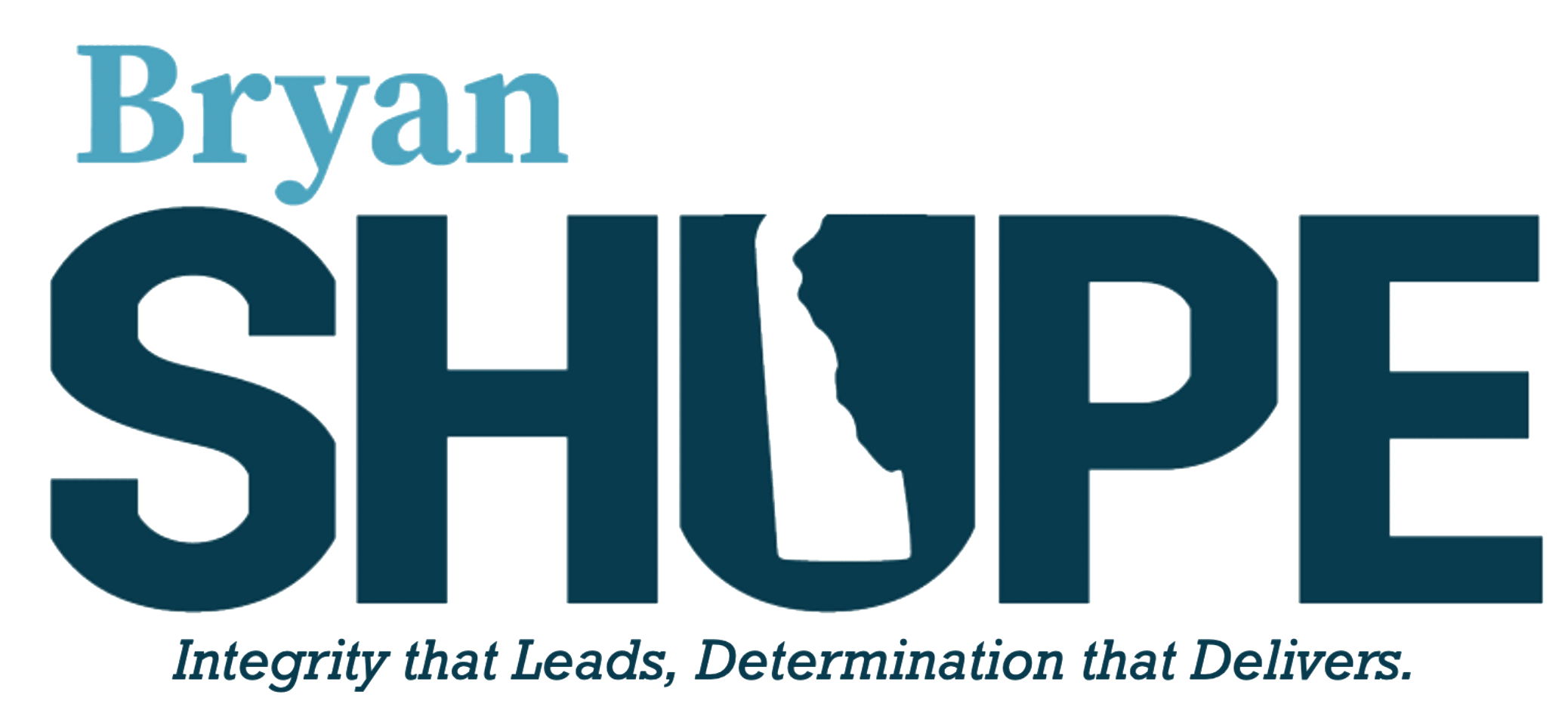Delaware’s $15 minimum wage bill will be heard on the House floor this Thursday. Trying to create a mechanism were the public, press and lawmakers could have a discussion based on empirical evidence, instead of political agendas, I introduced HB 147 which called for an analysis of what the positive and negative impacts of this legislation would be on our local economy. It failed on party lines and is not included in the current.
EVEN WORSE, when the appropriations process was “held”, there was NO public meeting to discuss how these ongoing expenses will be paid with tax payer money. The process was circumvented and the leadership of appropriations simply asked for sponsors to sign the bill so it could be placed back on the House floor. As public servants, we have a duty to honor transparency in everything we do.

As the $15 minimum wage bill hits the House floor on Thursday I am adding two amendments. They are simple. They ask that the tax payer money being spent, be tracked by the Office of Management and Budget. Over the course of the last minimum wage increase by the State, our government did NOT even track how much it cost taxpayers to complete the legislation it passed.
The original fiscal note in the bill was under $5,000, which is laughable to think the State’s largest employer could raise wages for anything close to that amount. While discussing this year’s minimum wage bill, Sen. Walsh stated that the cost of the last increase was more like $40 million. When I personally asked the Office of Management and Budget, I was told that the cost was never tracked.
Taxpayers deserve to know how their money is being spent, whether they support or oppose legislation. Evaluating the impact of legislation is the only way to improve government and understand what programs and initiatives work, which ones need to evolve and which ones need to be removed.
My first amendment asks that the Office of Management and Budget track the cost of the $15 minimum wage increase, including equitable compression raises, for the State government over the lifespan of the legislation. My second amendment asks that the Office and Management and Budget tracks the impact of the legislation on workers, businesses and the economy in the private sector over the lifespan of the legislation.
Many legislators were not open to understanding the economic impacts of minimum wage increases on our local communities before passing $15 minimum wage. I ask that they at least keep track of taxpayer money on the public side and the fiscal impacts of their decisions on the local, private economy.
Please contact your Senator and Representative to ask them to pass these amendments to follow your money.
Their contact information can be found at:
Senators-
Representatives-

